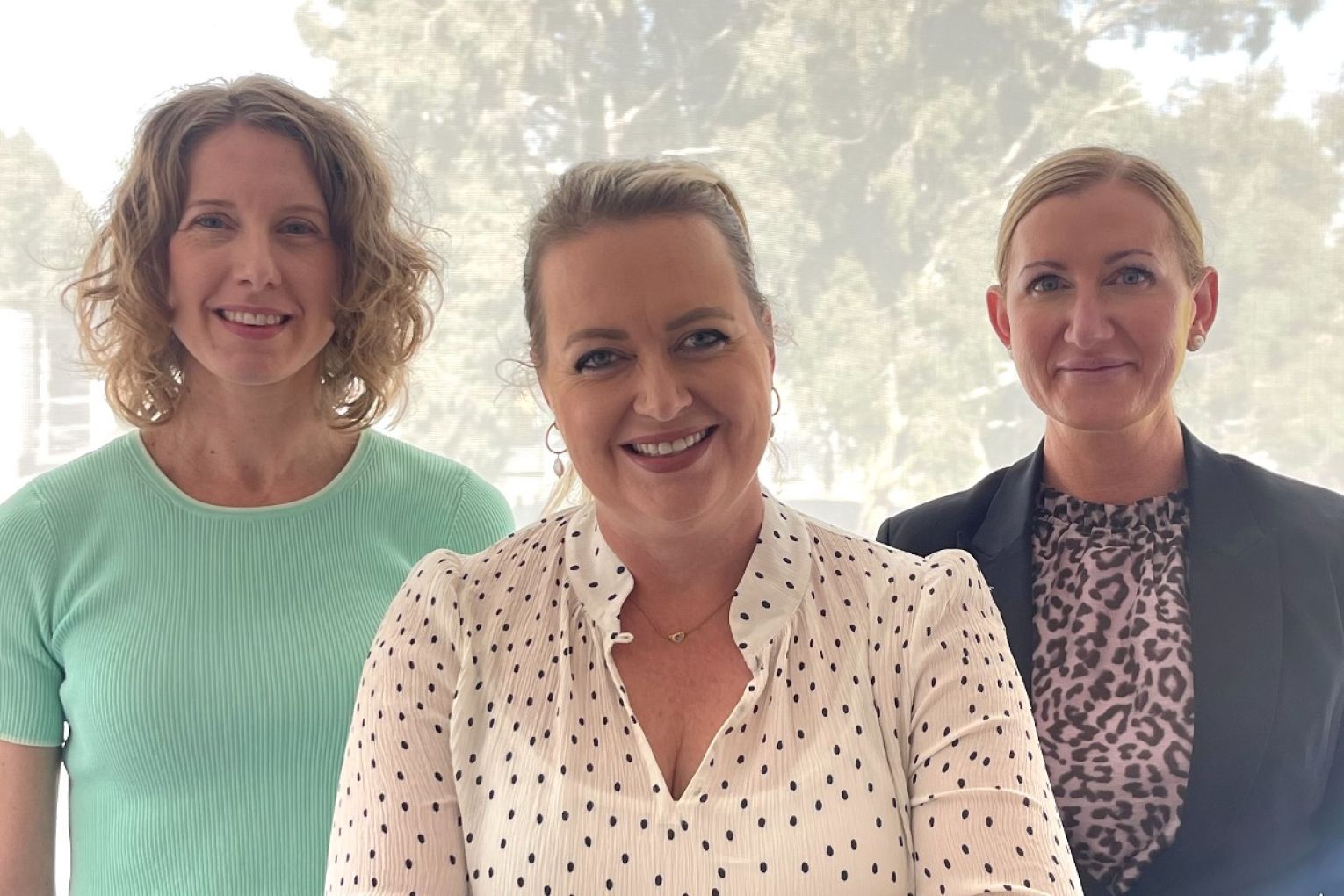Fearless Innovator Grant Program: Females need more than a good idea to launch a successful business
Almost all early investment funding flows to businesses founded by men. The Fearless Innovator Grant Program is looking to redress the balance locally and support women entrepreneurs.

Rebecca Fraser believes initiatives like the Fearless Innovator Grant Program can help women entrepreneurs gain the confidence to “take the right risks” and accelerate their business growth.
“In sometimes taking the more cautious, slow and steady approach, opportunities might pass women by,” she said.
“If they have the confidence, advice and networks around them to keep pushing hard, to know what risks to take, to build knowledge and have good plans in place, it will quickly lead to more successful female-led businesses.”
Fraser is a partner at Tilbrook Rasheed and with her firm is a supporter of the new Fearless Innovator Grant Program, championing the state’s female founded start-ups through practical, financial and strategic backing.
The two-year pilot program is being facilitated by Women In Innovation (WINN) in partnership with the Fearless Females Network and with the commitment of the South Australian Government.
Fraser regularly works with entrepreneurs, male and female.
Financial acumen being an obvious requisite for successful entrepreneurship, she said women sometimes discount their own abilities, but that showing this vulnerability can be a positive.
“It enables you to have detailed practical conversations [about finance] that you might otherwise quickly move past,” she said.
Just 2 per cent of early-stage investment funding in Australia flows to female founders.
You might like
Kelly Jamieson, who is co-chair of the Fearless Females Network and together with her sister Abbey Baker founded e-commerce success Edible Blooms, said the grants for startups were often narrow in their industry focus or criteria.
“For female founders it can be really hard to fit into that,” said Jamieson, whose business was self-funded.
When Fearless Females Network and Women in Innovation approached the state government about collaborating to address the gender balance in funding, they also stressed the need for a broader, more flexible program.
“A lot of programs are focused on space, defence, tech and the creative sector, but there are female founders who have interesting businesses who don’t fit into those segments,” said Jamieson.

The Fearless Innovator Grant Program is not tied to any industry sector, however, to access a grant the business must be operating with a minimum viable product and be scalable.
While applicants need to outline how the funds will be used, Jamieson said “they don’t have to fit into a box”, such as being used for a trade show overseas or engaging consultants.
“We’re saying, your business needs will be different to someone else’s,” she said.
“They can do whatever they want as long as we believe it will help the business grow.”
Fraser stressed that grants at a state and federal level are often overlooked as a source of funding, and they can be “enough to get you moving” beside looking to banks, private equity and other sources.
She said that working with an accountant can help business owners understand the pros and cons of each type of funding specific to their business.
Tilbrook Rasheed partner Vivienne Pitman said setting up well-structured financial systems and processes before capital raising is essential and would give founders a clear picture of how they are tracking and help them develop the financial literacy to confidently pitch to investors and banks.
Among Pitman’s startup and scaleup clients – “there’s a lot happening in the tech space” – is B2B fashion wholesaler Whola, founded by digital disruptor Alice Fitch.
Pitman provided accounting services to Fitch’s previous business and was a sounding board when Whola was just a seed of an idea.
Lately, Pitman has seen an increasing diversity in the types of businesses turning to Tilbrook Rasheed for professional advice and accounting services.
Unique ideas, she said, “absolutely” needed to get good accounting and legal advice as early as possible.
“With startups, they don’t necessarily have a lot of capital to afford good advice, so the tendency is to do it yourself,” she said.
“Often you can work it out and maybe get it 80 percent right, but that bit that isn’t quite right can be very costly and expensive down the track.”
One example of this is having a suboptimal corporate structure that could leave a business in a “much worse position” in five- or ten-years’ time or make it unattractive to investors.
The Fearless Female Innovator Grant has a pool of $120,000 available, including $20,000 from Westpac.
In March, Westpac announced the expansion of its Women In Business fund, offering unsecured loans of up to $50,000 for startups and unsecured or secured loans for scaleups of up to $5 million.
Jamieson said when she and her sister launched Edible Blooms 20 years ago, they were unable to get unsecured finance and private equity “just wasn’t a thing”.
While they are the sole shareholders of a successful business today, they have had to ride out the ups and downs of challenges like COVID without a fallback.
“Perhaps if I was starting a business today [our business structure] would be different,” she said.
Jamieson, Pitman and Fraser are all keen for the Fearless Innovator Grant Program to encourage more women to take the next big step in their business.
“Just imagine if we have an alumni of incredibly successful South Australian, female-led businesses that are growing here, interstate and overseas, and employing other women in their business,” said Jamieson.
“Those other women will be the next inspired group to come through … and that growth [in female-led businesses] will be self-sustaining.”
Pitman agreed, reiterating the difficulties women face in accessing capital.
“We want to see more money going to women who are taking risks and creating new and innovative businesses.”
Applications close midnight 8 June 2025.










